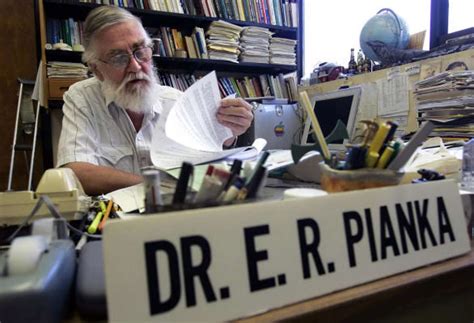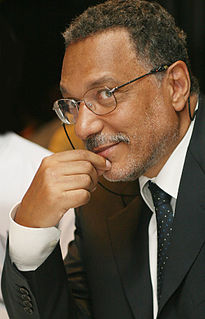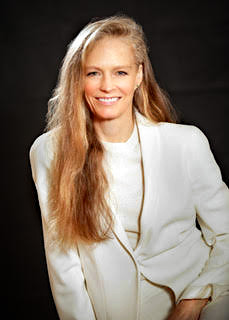A Quote by Paul Watson
There is no sustainable future for fisheries as long as human populations continue to increase.
Quote Topics
Related Quotes
There is an urgent need for regeneration of fisheries and fostering a sustainable fisheries programme. What I mean is, designing new fishing vessels and nets so that they do not disrupt the fish lifecycle by catching young ones and also do not destroy sea grass beds, which serve as habitats for dugongs.
There can be no real growth without healthy populations. No sustainable development without tackling disease and malnutrition. No international security without assisting crisis-ridden countries. And no hope for the spread of freedom, democracy and human dignity unless we treat health as a basic human right.
The good news about fresh water is that, even after accounting for the larger volume of water that is unavailable to people from the hydrologic cycle, there is enough on a global scale to support current and anticipated populations on a sustainable basis... Three essential goals are dependable and safe supplies for people, protection and management of the environmental systems through which water moves, and efficient water use. Meeting these goals will require that fresh water not continue to be treated as a free good or as the principal means for disposing of human and industrial wastes.





































